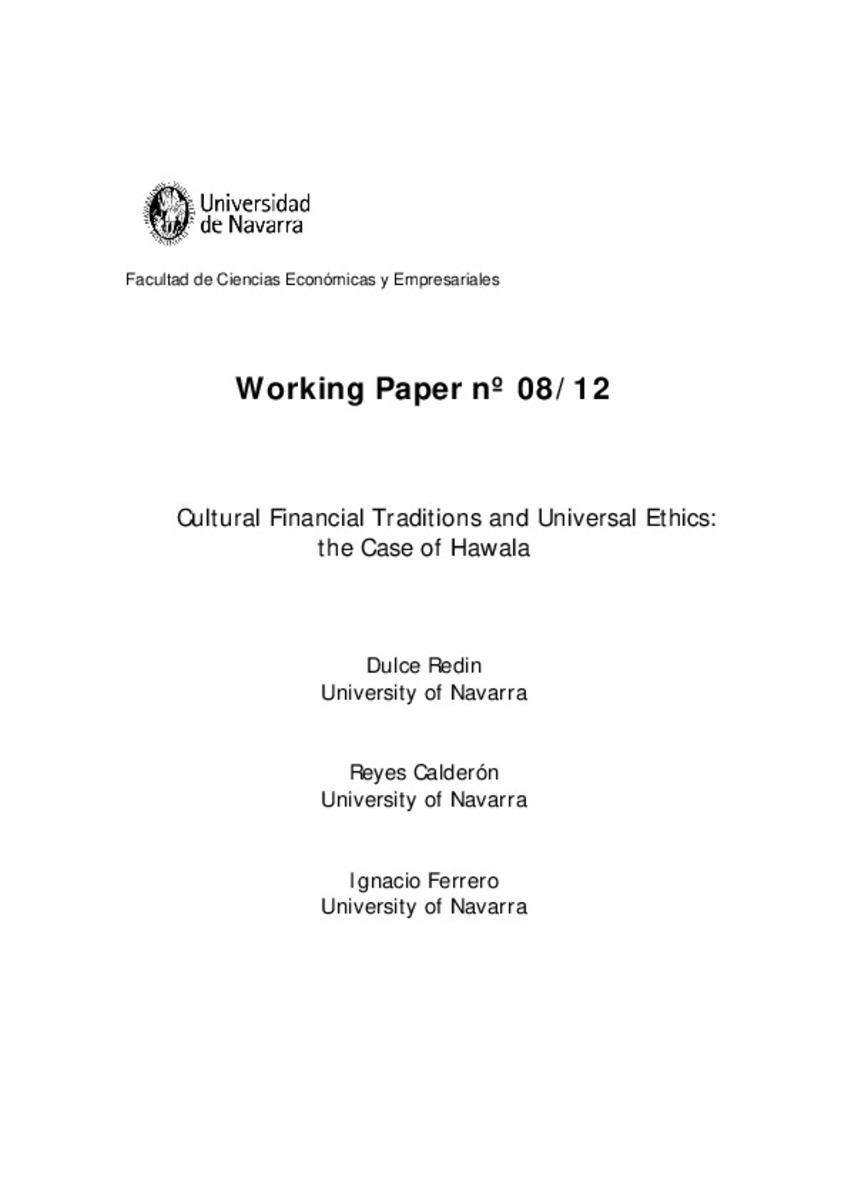Cultural Financial Traditions and Universal Ethics: the Case of Hawala
Palabras clave :
Materias Investigacion::Economía y Empresa
Fecha de publicación :
2012
Cita:
Redin, D. (Dulce); Calderón, R. (Reyes); Ferrero, I. (Ignacio). "Cultural Financial Traditions and Universal Ethics: the Case of Hawala". En . , 2012,
Aparece en las colecciones:
Estadísticas e impacto
0 citas en

0 citas en

Los ítems de Dadun están protegidos por copyright, con todos los derechos reservados, a menos que se indique lo contrario.








